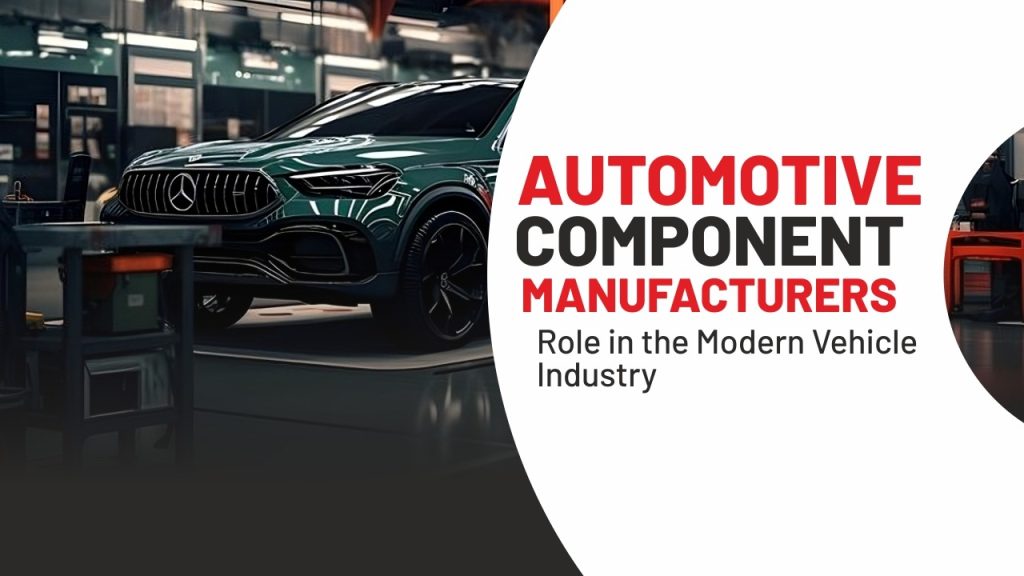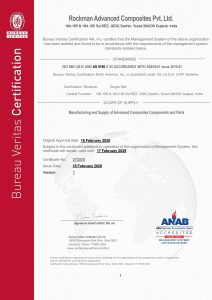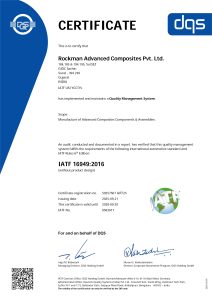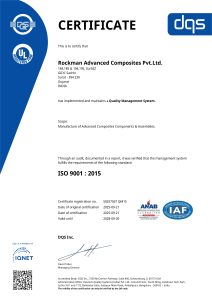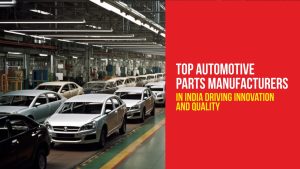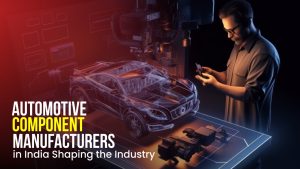The automotive component industry has become a vital sector driving the nation’s growth and development and the industry is expected to reach a size of US $300 billion by 2026. Employing over 37 million people directly or indirectly, this industry is amongst the largest employers in the country. By the year 2030, the automotive component industry is expected to become the third-largest market globally and will significantly contribute to the country’s growth and development. Automotive component manufacturers lie at the heart of this industry, as their contributions are essential in driving precision and innovation. The auto component manufacturers are shaping the future of the automotive industry by making a significant impact on everything from vehicle safety and performance to sustainability and technological advancement.
Auto Components – The Backbone of Vehicle Production
Automotive component manufacturers produce parts ranging from engines and transmissions to braking systems, electronics, and body parts. A high degree of specialization and precision is required in manufacturing, as every component should comply with rigorous quality and performance standards. Every component should seamlessly integrate with other components for the overall functionality, safety, and reliability of the vehicle. The popularity of electrical vehicles has necessitated the flawless interaction between hardware and software components. Thus, manufacturers need to heavily invest in research and development to keep pace with technological advancements and regulatory requirements.
Innovation and Technological Advancements
The automotive industry, driven by innovations such as electric vehicles, autonomous driving, and connectivity, is in a phase of rapid transformation. Automotive component manufacturers are driving change by adopting new technologies and materials to enhance vehicle performance and efficiency. The recent shift towards electric vehicles has generated demand for components such as battery packs, electric motors, and advanced power electronics. Thus, manufacturers are increasingly investing in the making of high-capacity batteries with faster charging times and longer lifespans. In addition to this, even the rise of autonomous driving is generating demand for parts like sensors, cameras, and artificial intelligence systems that can interpret and respond to complex driving environments. Another innovation adopted by manufacturers includes the use of advanced and lightweight materials like aluminium and carbon fiber that reduce vehicle weight and improve fuel efficiency, besides providing greater strength and durability.
Sustainability and Environmental Impact
Due to the rising concerns over changing climate and environmental sustainability, automotive component manufacturers are making an effort to reduce their environmental footprint. This includes minimizing waste, reducing emissions, and using eco-friendly materials and processes. Thus, automotive manufacturers are adopting green manufacturing practices, such as using renewable energy sources, recycling materials, and reducing water usage. Besides, they are also developing components for environmentally friendly vehicles, such as hybrid and electric cars. For instance, advancements in battery technology are crucial for the viability of EVs, which produce zero tailpipe emissions and contribute to lower overall greenhouse gas emissions.
Challenges and Future Outlook
Automotive component manufacturers are facing several challenges, despite the opportunities presented by technological advancements and growing market demands. There is a growing need for investment in R&D, stringent regulatory requirements, and intense competition. Additionally, the transition to new technologies, such as EVs and autonomous vehicles, requires significant capital investment and strategic planning. Looking ahead, the future of automotive component manufacturing is likely to be shaped by continued innovation, sustainability efforts, and the evolution of global supply chains. Manufacturers that can effectively navigate these trends and challenges will be well-positioned to thrive in the dynamic automotive industry.
Summary
Automotive component manufacturers are undoubtedly the unsung heroes of the vehicle production process. Their expertise, innovation, and commitment to quality are essential for the development of safe, efficient, and sustainable vehicles. As the automotive industry continues to evolve, these manufacturers will play a crucial role in driving the future of transportation.


